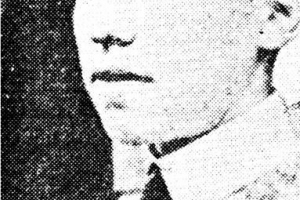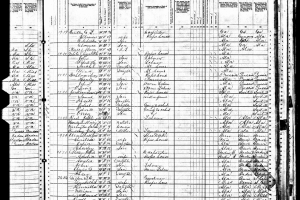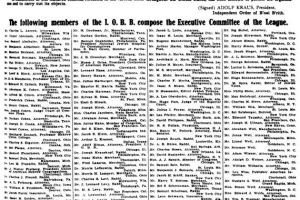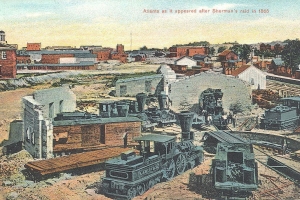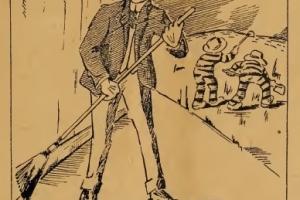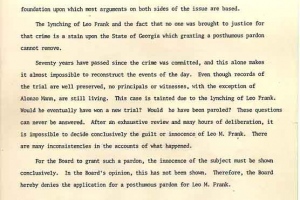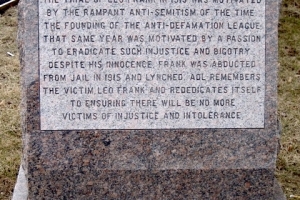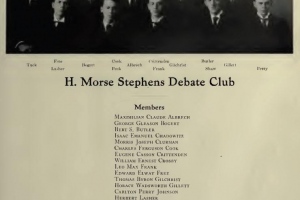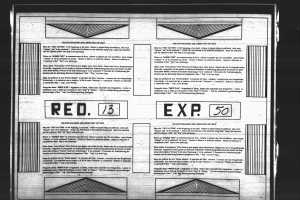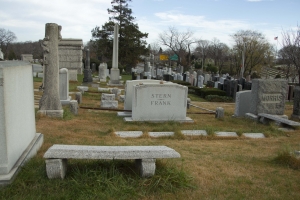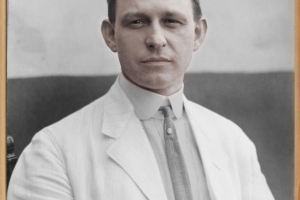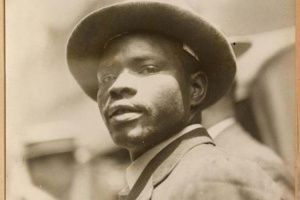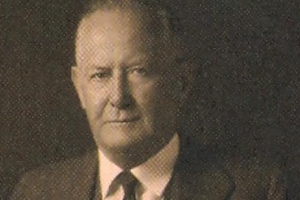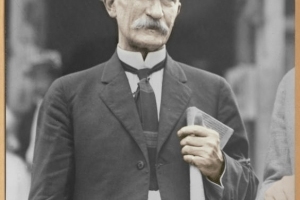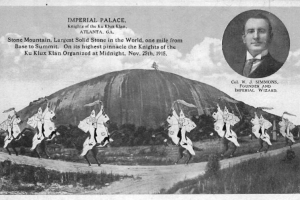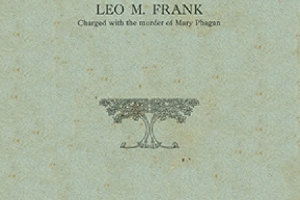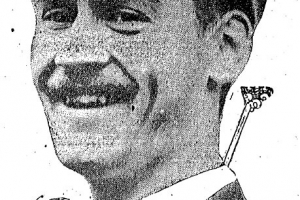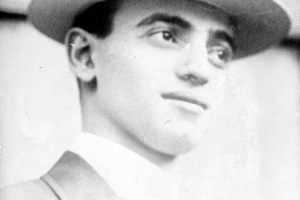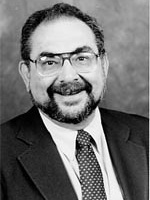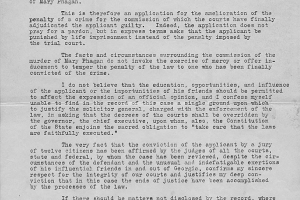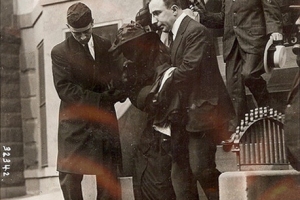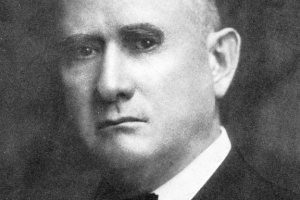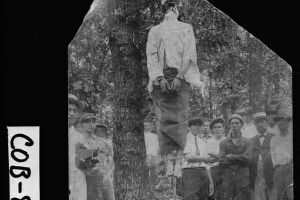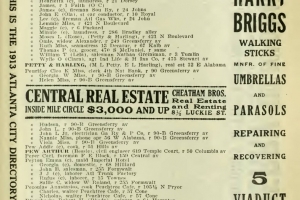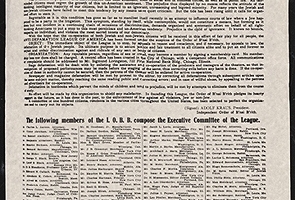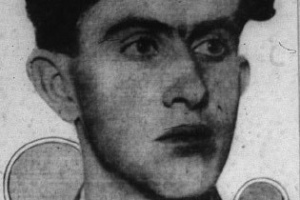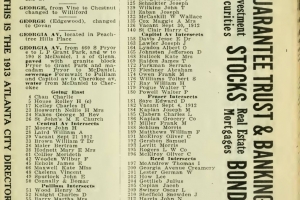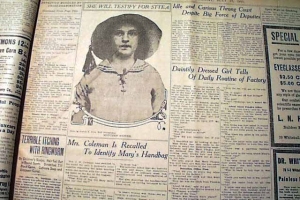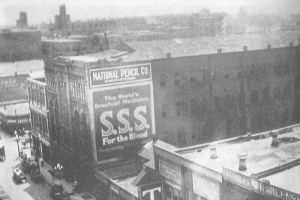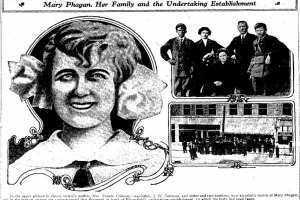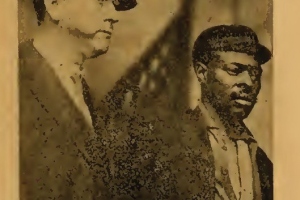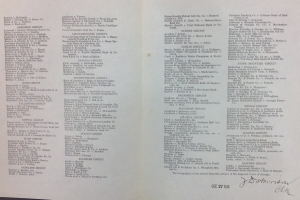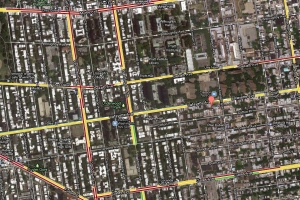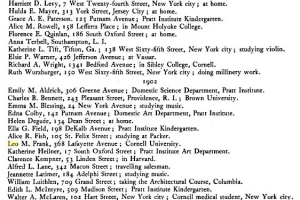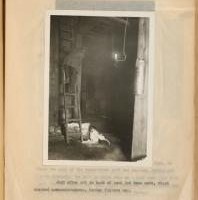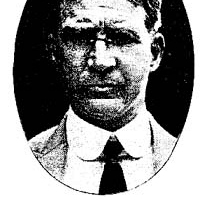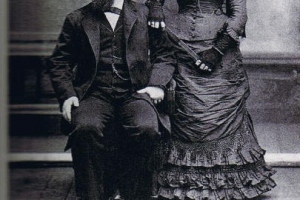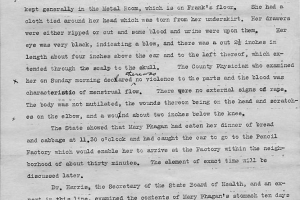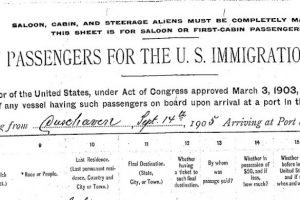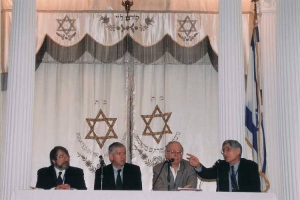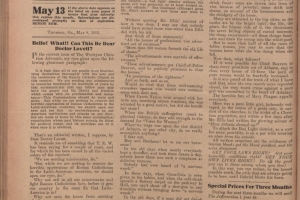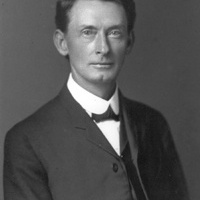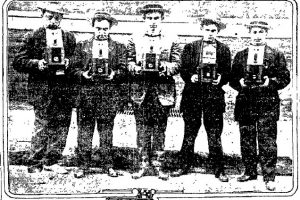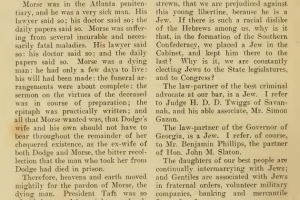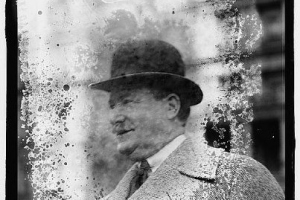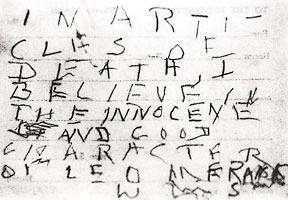To download images, see this page.
An office boy who started working for Leo Frank on April 1, 1913, just weeks before the murder occurred.
2 Photos
Census forms and other documents pertaining to the Frank family, relatives and others.
45 Photos
Founded in 1913 in response to the perceived bias against Frank in his case due to his faith, the ADL is to this day one of the premier organizations fighting anti-Semitism and bigotry.
3 Photos
Historical images of the city of Atlanta, Georgia including the Civil War era and the time of the Phagan murder.
41 Photos
Scans of legal documents pertaining to Leo Frank's appeals for clemency and pardons to the Georgia State Board of Pardons and Paroles and Governor John M. Slaton.
14 Photos
Markers, plaques, and memorials for Leo Frank and Mary Phagan, both victims in their own right.
15 Photos
Images from when Leo Frank studied mechanical engineering at Cornell University in Ithaca, NY.
35 Photos
Scans of two reels of microfilm with case files relating to Leo Frank's appeal to the Georgia Supreme Court.
1818 Photos
Images of grave stones of Leo Frank and his family, Mary Phagan, and others.
78 Photos
Black sweeper for the National Pencil Company; convicted of being an accomplice to Frank and sentenced to one year in prison.
6 Photos
Governor of Georgia during the Frank case. He commuted Frank's sentence from hanging to life imprisonment, sparking a political backlash against Slaton and leading him to be featured in JFK's Profiles in Courage.
21 Photos
Although it was founded during Reconstruction in the 1860s, the Klan reached its peak following the Frank case and the film Birth of a Nation and amassed six million members in the 1920s.
3 Photos
Factory foreman who was present in the factory for a brief time at approximately the same time the murder is believed to have occurred in the same building.
3 Photos
The man who this site is dedicated to, the man who lost his life after a two-year legal battle that went all the way to the U.S. Supreme Court and who inspired the formation of the ADL as well as the rebirth of the KKK.
84 Photos
The author of a book simply entitled "The Leo Frank Case" written as part of a Ph.D. dissertation.
5 Photos
Written communications between individuals in the Frank case that are of interest to those studying the case.
17 Photos
The 13-year-old girl killed in the National Pencil Company factory, of whom Leo Frank was convicted of killing.
35 Photos
Individuals in the Frank case that were not a major part of the Frank case or otherwise didn't warrant having their own folder in this gallery, but are notable nonetheless.
77 Photos
Images relating to the Frank case that don't quite match with any other folder.
17 Photos
A girl who worked at the factory like Mary Phagan. She went to collect her pay at 12:05 PM on April 26, 1913, the same time Frank claimed Phagan was there.
3 Photos
Scans from various Atlanta newspapers, mainly of faces of notable characters in the trial.
545 Photos
The night watchman for the National Pencil Co. factory and the man who first found Mary Phagan's body in the basement.
3 Photos
After the Frank trial concluded, the Pinkerton agency filed a successful civil lawsuit for unpaid detective work.
210 Photos
A second attorney for Frank who cooperated with Luther Rosser in his defense.
5 Photos
Documents issued by Georgia Governor John M. Slaton commuting Leo Frank's sentence from death by hanging to life imprisonment.
29 Photos
The author of And the Dead Shall Rise, one of the foremost books on the Frank case.
4 Photos
A controversial author who wrote Watson's Newspaper and expressed anti-Semitic views during the Frank case.
7 Photos
Hailed as "the world's greatest detective," Burns was hired by wealthy Chicago businessman Albert Lasker to investigate the case.
17 Photos
The attorney representing Jim Conley who after Conley's death admitted he believed Leo Frank was innocent in the murder of Mary Phagan.
2 Photos
